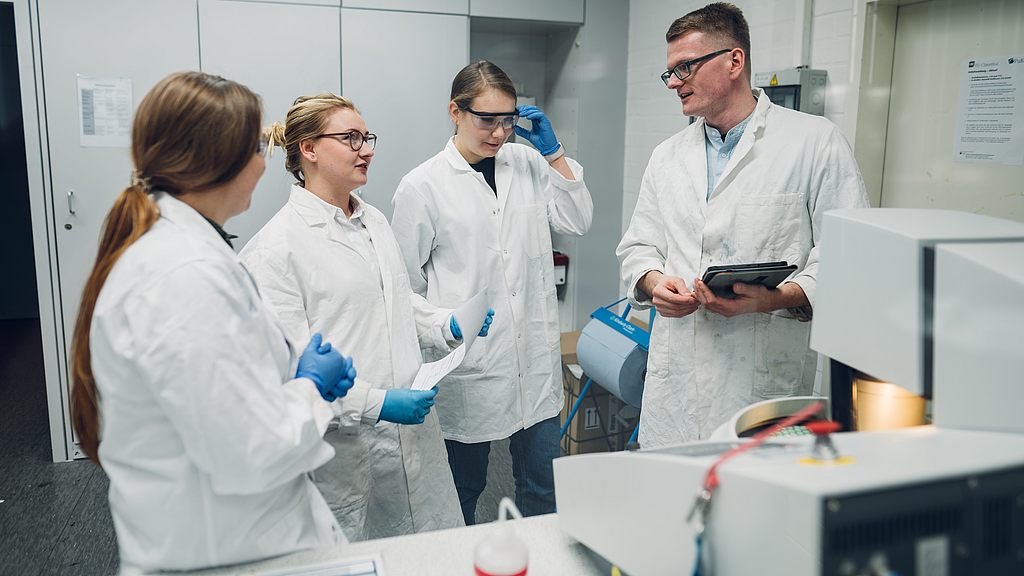Requirements for pouch packaging (stand-up pouches) for food use and processing
Background
Despite isolated efforts of a few market participants to offer and purchase goods and especially foodstuffs in as little packaging as possible, the trend towards specifically optimised and convenient packaging is unbroken. Product presentation, easy handling as well as the extension of shelf life are only three aspects of many, to which this development can be attributed. As a result, the amount of packaging plastics is constantly growing.
Compared to other continents, Europe has a largely functioning waste system that prevents large quantities of disused single-use packaging from ending up in nature. Especially in Germany, the Dual System gives the impression that the collected plastic waste is almost completely recycled. Unfortunately, this is not the case when one speaks of the narrower sense of this term, following mechanical recycling or even closed-loop recycling. The reasons given at the outset mean that packaging - often invisible to the eye - is largely made up of multiple layers. Here, layer structures of different plastics, paper/cardboard or even metals are used, see e.g. cheese packaging, stand-up pouches for nuts and chip bags. The specific tasks performed by the individual layers range from the barrier effect against gases and water vapour to sealability/weldability and printability.
From the resulting waste stream, packaging consisting of mono-material is sorted out and fed into material recycling. Since the recycling of the remaining packaging made of multi-material composites would cause disproportionately high costs, this waste fraction is only recycled energetically, i.e. incinerated.
So far, there is no (marketable) alternative to the current packaging films. In a funded and industry-related project, it is now to be investigated whether and to what extent films made of only one plastic, and therefore easily recyclable, can meet today's requirements. The ecological advantages that can be achieved in this way could be further extended if next-gen plastics based on biobased materials can be used.
Tasks and requirements
The topics that need to be reconciled in the course of this project are correspondingly wide-ranging. This includes film production, testing and characterisation, packaging conception with food-safe design and its production, as well as recycling, all of which are integrated into the research activities at Clausthal University of Technology. The areas of activity for student work are correspondingly varied. Depending on the project status and problem definition, new topics will be added from time to time at this point, whereby the tasks are intended with a work scope of 5-7 LP. For example, for project/study work/research internships, etc. More far-reaching undertakings are also possible by arrangement. Due to the current circumstances, the work is mainly of a theoretical nature, i.e. research work.
Depending on the task, previous knowledge in the field of plastics processing, ideally flat film extrusion, is desirable. The use of literature management programs (e.g. Citavi, Endnote, etc.), LaTeX as well as systematic research skills (see "Gewusst wie..."of the university library) would be appropriate.
Topic: Requirements for pouch packaging (stand-up pouches) for food use and processing
The stand-up pouch is becoming increasingly popular in the retail trade: already in use for decades as the trademark of Capri-Sun, this type of packaging is now used in a wide variety of applications. From nuts and grated cheese to sauces and seasoning pastes to multiple use as outdoor equipment. The main reasons for this development are not only the low relative material usage and the low space requirement in the unfilled state, but also the resealability by means of a spout or zip closure. In a research-based elaboration, the requirements for the bag depending on the filling material are to be compiled and which properties a film must have in order to be machine-compatible during production.
The work is to be assigned immediately. If you are interested, please contact Mr. Maximilian Feyrer.
